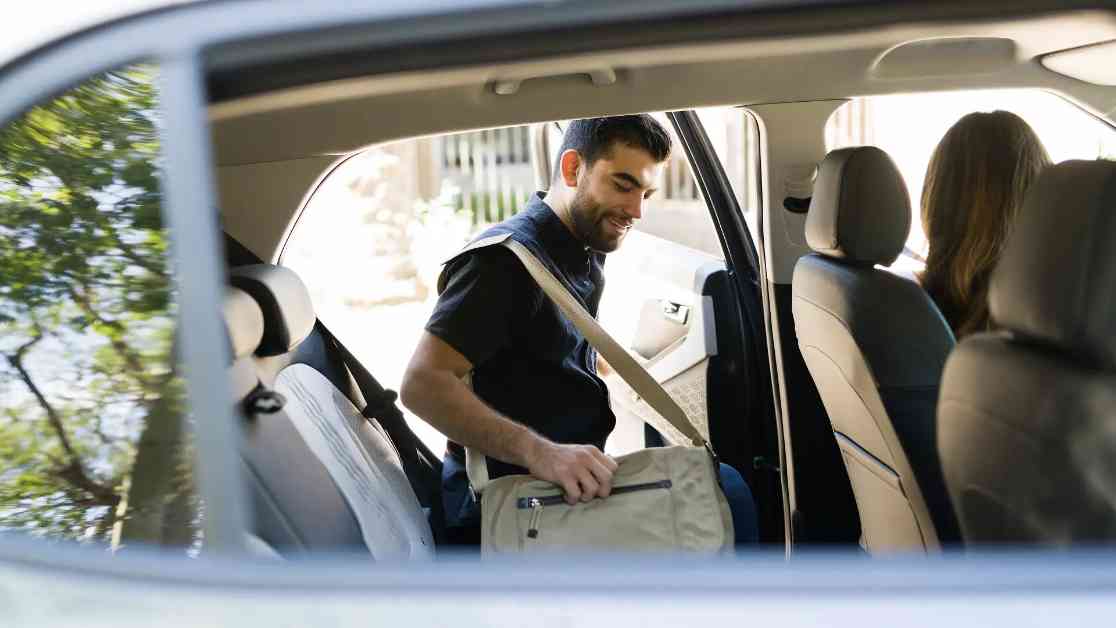Uber is offering a unique opportunity to car owners in the US and Canada. They are launching a trial that involves giving up your personal vehicle for five weeks in exchange for $1000. This trial aims to encourage people to use more sustainable forms of transportation such as walking, public transport, cycling, e-scooters, and of course, ridesharing with Uber.
The trial is set to begin on 22 July and will last until 25 August in cities like Los Angeles, Chicago, Washington DC, Miami, San Francisco, Toronto, and Vancouver. Participants will be required to document their daily transportation methods during this period. According to Uber, the cost of vehicle ownership is at an all-time high, impacting personal finances, health, and the environment. By providing $1000 to selected participants, Uber hopes to promote the use of alternative transportation options.
In a similar trial conducted in Australia from May to June 2023, participants gave up their cars for four weeks in exchange for $1380 in transport credits. This trial showed that walking, cycling, and ridesharing were the most common alternative transportation methods used by participants. These findings highlight the potential for reducing car usage and promoting more sustainable transportation options.
This initiative by Uber is a step towards addressing the challenges associated with widespread car ownership. By incentivizing people to use alternative forms of transportation, Uber is promoting a more sustainable and environmentally friendly way of getting around. It will be interesting to see the impact of this trial on participants’ transportation habits and whether it leads to long-term changes in how they commute.
In conclusion, Uber’s trial offering $1000 to car owners who give up their vehicles for five weeks is a unique and innovative initiative to promote sustainable transportation. By encouraging people to use alternative forms of transport, Uber is taking a proactive step towards reducing the environmental impact of car usage. This trial has the potential to change the way people think about their daily commute and promote more sustainable transportation habits in the future.










